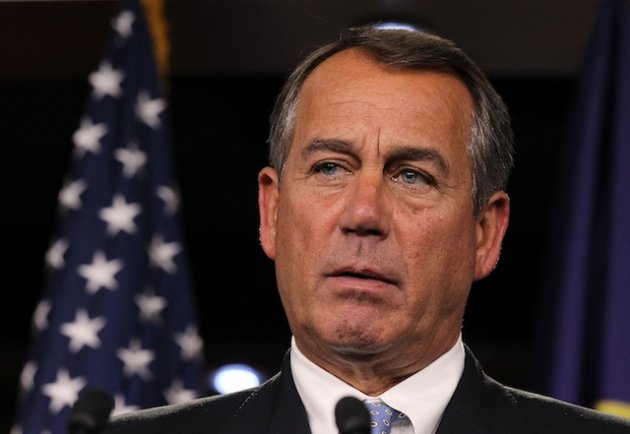NEW YORK (Reuters Health) – For about a third of women taking antidepressants to treat menopause symptoms, hot flashes and night sweats will return after discontinuing the drug, according to a new study.
“It’s important for people to understand that…the benefit of the treatment is related to the duration of the treatment,” said Dr. Hadine Joffe, lead author of the study. But that shouldn’t discourage women from trying an antidepressant if they want to, she added.
“Just because symptoms come back after you stop it doesn’t mean it didn’t make a big difference when you took it,” said Joffe, who is an associate professor of psychiatry at Harvard Medical School and director of research in the Center for Women’s Mental Health at Massachusetts General Hospital.
Escitalopram, an antidepressant sold under the brand name Lexapro, is not approved to treat menopause symptoms, but physicians may prescribe it because some – though not all – studies have found it can reduce the number and severity of hot flashes.
It has “a moderate effect,” Joffe told Reuters Health. “The drug does not eliminate hot flashes, but it can make “a very meaningful improvement in somebody’s life.”
Antidepressants of the same type as Lexapro, called selective serotonin reuptake inhibitors (SSRIs), are also used to treat menopause symptoms.
Joffe said there have not been enough studies to determine just how long women should take an antidepressant to treat hot flashes, nor whether the symptoms return once they stop the treatment.
To address the second question, she and her colleagues asked 200 women to take 10 or 20 milligrams a day of Lexapro for eight weeks.
The team’s final analysis included 76 women who showed at least a 20 percent improvement on the drug – for instance, dropping from 10 hot flashes a day down to eight or fewer.
After the two-month treatment period, the women stopped taking the pills and the researchers tracked their symptoms for another three weeks. The team was also careful to screen for withdrawal symptoms from the drug itself.
Menopause symptoms returned for about a third of the women who had seen an improvement on the drugs. Results were similar whether the women had reported experiencing less severe symptoms while on the drug or had said they felt less bothered by their symptoms during treatment.
Among 49 women who said they had benefitted on all three symptom measures – number, severity and bothersomeness – 44 percent experienced a relapse within three weeks of discontinuing the drug.
For most of those women, symptoms rebounded to about the same levels as before the treatment.
Among the women who didn’t relapse, symptoms dropped from about 9.5 a day before treatment to 4.4 per day three weeks after stopping.
Joffe said it’s impossible to say whether this group would experience a greater return of symptoms later on, or would continue to see a reduction.
“We only looked within three weeks of stopping the medication,” she said. “We don’t know (what would happen) if we studied them for six weeks or six months.”
Patients who experienced insomnia before taking the antidepressant or who didn’t find a large benefit from the drug were more likely to relapse than other women.
Some women also experienced withdrawal symptoms characteristic of going off an antidepressant, including sweating and dizziness.
About 46 percent of the women reported that they felt at least two withdrawal symptoms.
Joffe and some of her colleagues have relationships with pharmaceutical companies, two of them with Lexapro’s maker, Forest Laboratories.
She pointed out that while Forest Labs provided the pills, the company had no participation in the study, which was funded by a variety of government grants.
The company declined to comment on the study because it was not involved.
Warning labels on antidepressants do not include information about treatment for menopause symptoms because they have not been approved for that use by the Food and Drug Administration.
Dr. Judith Ockene, a professor at the University of Massachusetts Medical School, who did not participate in the research, said it’s the onus of physicians, the media and patients themselves to understand the pros and cons of taking the medication.
“I think women should be educated about the likelihood of (symptom) relapse when they discontinue SSRIs, even if they perceive benefits in the short term,” she said.
Ockene pointed out that some women experience a rebounding of symptoms after they stop taking hormone replacement therapy too.
“We say if women are taking hormones to help them with menopausal symptoms, then they need to be mindful of the fact that when they stop them they may have a return of their symptoms,” Ockene told Reuters Health.
She said the same should be communicated to women thinking of taking an antidepressant and incorporated into their decision-making about using the medications.
SOURCE: http://bit.ly/X4ZmBL Menopause, online October 22, 2012.
Seniors/Aging News Headlines – Yahoo! News












